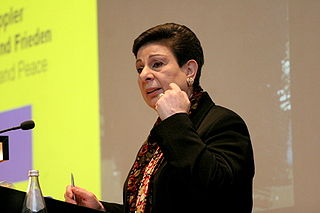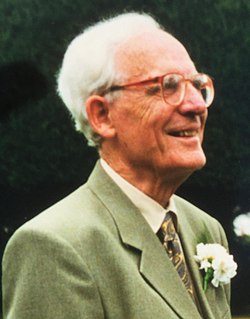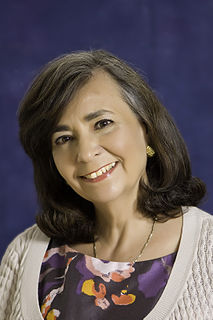A Quote by Kirsten Powers
Because most journalists are secular, they can be gullible in looking to the religious right as arbiters of biblical interpretation, especially as it relates to hot-button cultural and political issues.
Related Quotes
For decades, since the mid-twentieth century, the nationalist movement, and Fatah in particular, has dominated the political scene. Palestinian politics were primarily nationalistic, secular. Now, suddenly we are seeing the election of a religious party with extreme political ideologies and with a social agenda that seems inconsistent with the cultural heritage of the Palestinian people.
There is no longer a Christian mind ... the modern Christian has succumbed to secularization. He accepts religion - its morality, its worship, its spiritual culture; but he rejects the religious view of life, the view which sets all earthly issues within the context of the eternal, the view which relates all human problems social, political, cultural to the doctrinal foundations of the Christian Faith, the view which sees all things here below in terms of God's supremacy and earth's transitoriness, in terms of Heaven and Hell.
The sad reality is that there are no purely domestic issues in Israel. Issues that would be dealt with by municipalities in other countries - such as how to deal with a dangerous bridge or how to resolve conflicts between religious and secular bus riders - become major international issues when they occur in Israel.
...self-important western journalists who'd given up their sacred trust to become cheerleaders for trendy causes, the way communist journalists had once been cheerleaders for the government...They were depriving the free world of its most valuable weapon in condemning and exposing the worst human scourge since Nazism: the targeting and murder of civilians to achieve political and religious ends.
One of the most disturbing things I heard was that women's issues weren't "hot." Which is so ironic, because women are constantly being judged on some "hot" level. The conversation is not hot enough for them to do anything about. We have to make it hot, make them feel the fire. Until then, a lot of them aren't going to do anything.
We saw, then, journalists and researchers being arrested. And so this is sort of the latest expansion they say - cultural targets where young people gather, where they exchange cultural and political ideas. So that may be one of the reasons, although the government hasn't made any public comments on these raids.
In contemporary society secular humanism has been singled out by critics and proponents alike as a position sharply distinguishable from any religious formulation. Religious fundamentalists in the United States have waged a campaign against secular humanism, claiming that it is a rival "religion" and seeking to root it out from American public life. Secular humanism is avowedly non-religious. It is a eupraxsophy (good practical wisdom), which draws its basic principles and ethical values from science, ethics, and philosophy.
Archaeology in general is the recovery and study of the material culture of past civilizations. Biblical archaeology is as an application of the science of archaeology to the field of biblical studies. Through the comparison and integration of Scripture with the evidence of history and culture derived from archaeology, new insights into the biblical context of people and events, and sometimes the interpretation of the text itself, are possible. In this way archaeology serves as a necessary tool for biblical exegesis and for apologetic concerns.



































